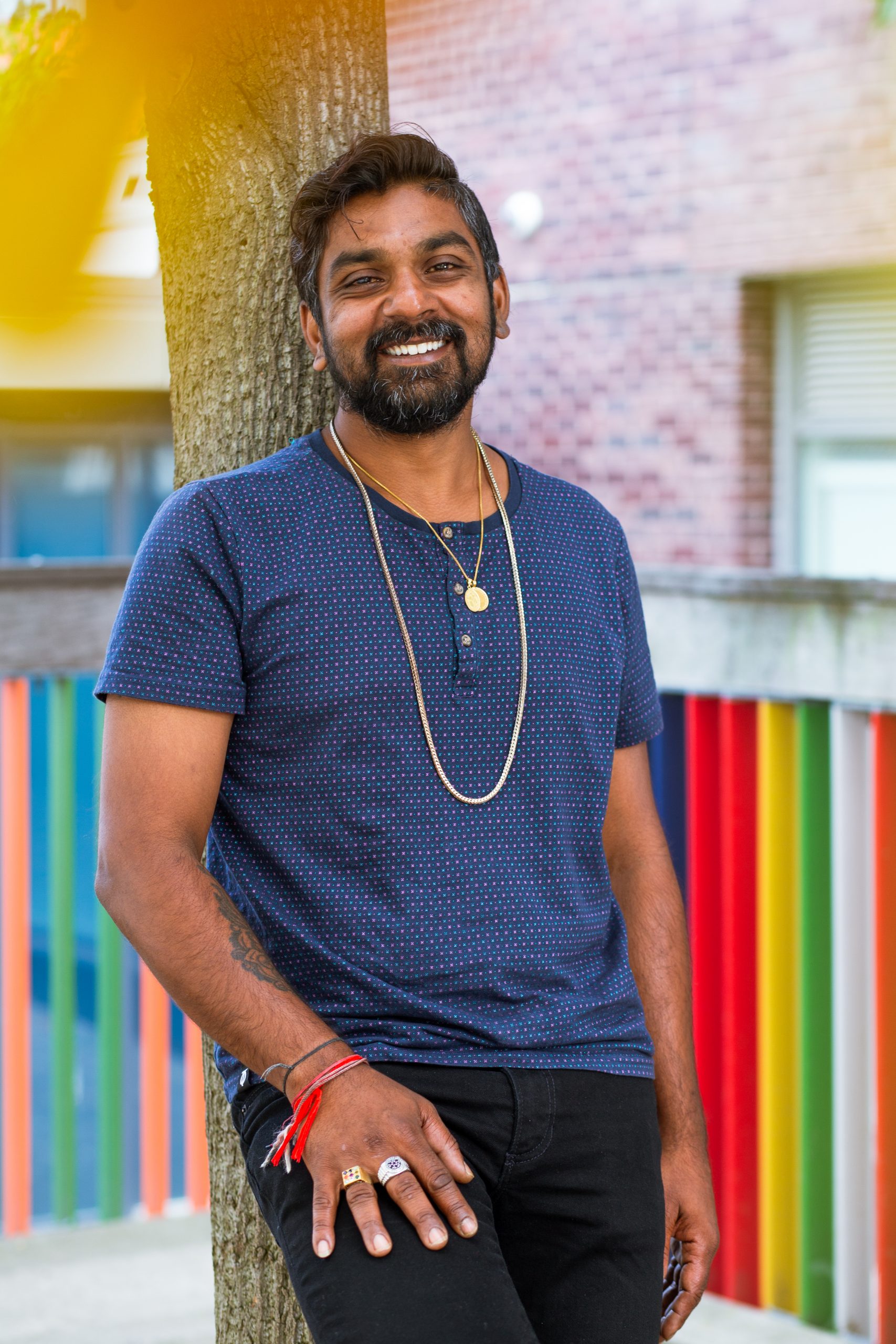SEPTEMBER, 2023 >> JANUARY, 2024
KYOTO SEIKA UNIVERSITY

誰かを、自分自身を、「見る」こと。カナダ在住の編集者・吉田守伸による、トロントのBIPOC(黒人・先住民・有色人種)コミュニティを支える人々の姿と文章を紹介していく連載企画。
JP/EN

©Kate Dalton
It sounds like something crazy and nonsensical. Of course I see you when you’re in front of me. In reality, though, the people that understand it know that it means more than it sounds like it does. And the people that don’t get it, just won’t… ever. It says a lot about a person when they say or give something to you that really makes you feel like someone understands you because they listened and took the time. Some people just have a natural ability to do it and some people have trained themselves, whether they’re aware of it or not, to make it an innate part of them.
I guess I’m a part of the second group. It was around 15 that the bullying started to get too much. It felt like people who didn’t know me were reducing me to being something that I didn’t even know how to identify. I guess it was a product of the culture of the time and the neo-colonialist Abrahamic conditioning in the zeitgeist. Whatever it was, I got tired of being called a fag; or being made fun of for my laugh; or being coached on making my walk more masculine; or being too expressive. All of which summed up to something that I figured out later in life. That I’m creative, compassionate, emotional, temperamental and… gay.
At that time I asked my mother goddess to send me help otherwise I wouldn’t know what I would do. Every Sunday morning me, my mom, and dad used to go for coffee to the local bookstore. One Sunday, they got me this book called How to Win Friends and Influence People by Dale Carnegie. That triggered my love and passion for behavioural psychology. Ultimately, it’s what led me to move from consulting and start my business. It said subtle things about why presentation plays a role in how you’re perceived; the “secrets” of how to be an understanding and genuine person with others.
Over time I’d developed a few methods and frameworks of how I experienced people (and slowly, of how I wanted to be experienced by people). Gardening (and food in general) have been important coping mechanisms for me. I think Western culture teaches us to be the hero of our own story, which I found restrictive because if you’re not the hero you’re the villain. I think we can just be. I prefer to look at my life as a garden that I tend. Everyone in my life is a beautiful plant that I tend, bringing something beautiful to my life. I feel like being the Gardener of my life gives me more agency in my relationships.
Every interaction and relationship is a seed that you plant in your garden. You may not see the end result, even after many years of careful tending. Or you may see a quick and rapid growth, flowering, and an equally quick “death” (or falling out). You have to be patient, optimistic, and able to move forward.
It’s helped me understand that relationships are temporal and based on our karma we only have a finite amount of time with any one thing or person. Like a plant. Just as easily as it can grow while it’s being ignored, it can die with too much care. Sometimes you need to add fertilizer, which makes things stinky for a bit but gives a longer-term benefit. Some plants digest fertilizer quicker and sometimes it takes them a while. Some plants need lots of space, some look beautiful from a distance, some are attractive but with sharp thorns, while others help other plants grow around them. And no plant is only one of those things.
Looking at each of my relationships like a valuable, natural thing of beauty that added to my emotional existence, but was fragile helped me learn to understand the needs of the people around me and let me understand and communicate how I needed to be “gardened” in a relationship. It’s helped me see people for who they are outside of politics and allowed them to see me and grow themselves.
I think, as I’ve been writing this, I’ve realized a secret and ultimate truth of my life and the key to my “stoic” happiness: When I see you, I feel seen.
Jainesh Raj Bali is a chef, entrepreneur and artist that uses his skills to help get off the ground. He’s living his passion and hopes you can find yours too.
Rooted in Toronto’s BIPOC communities, I SEE YOU is an art project to collectively explore the meaning and importance of acknowledgment through creative writing and portraits. Read the project statement here.
(Copyedited by Ashendri Picon)